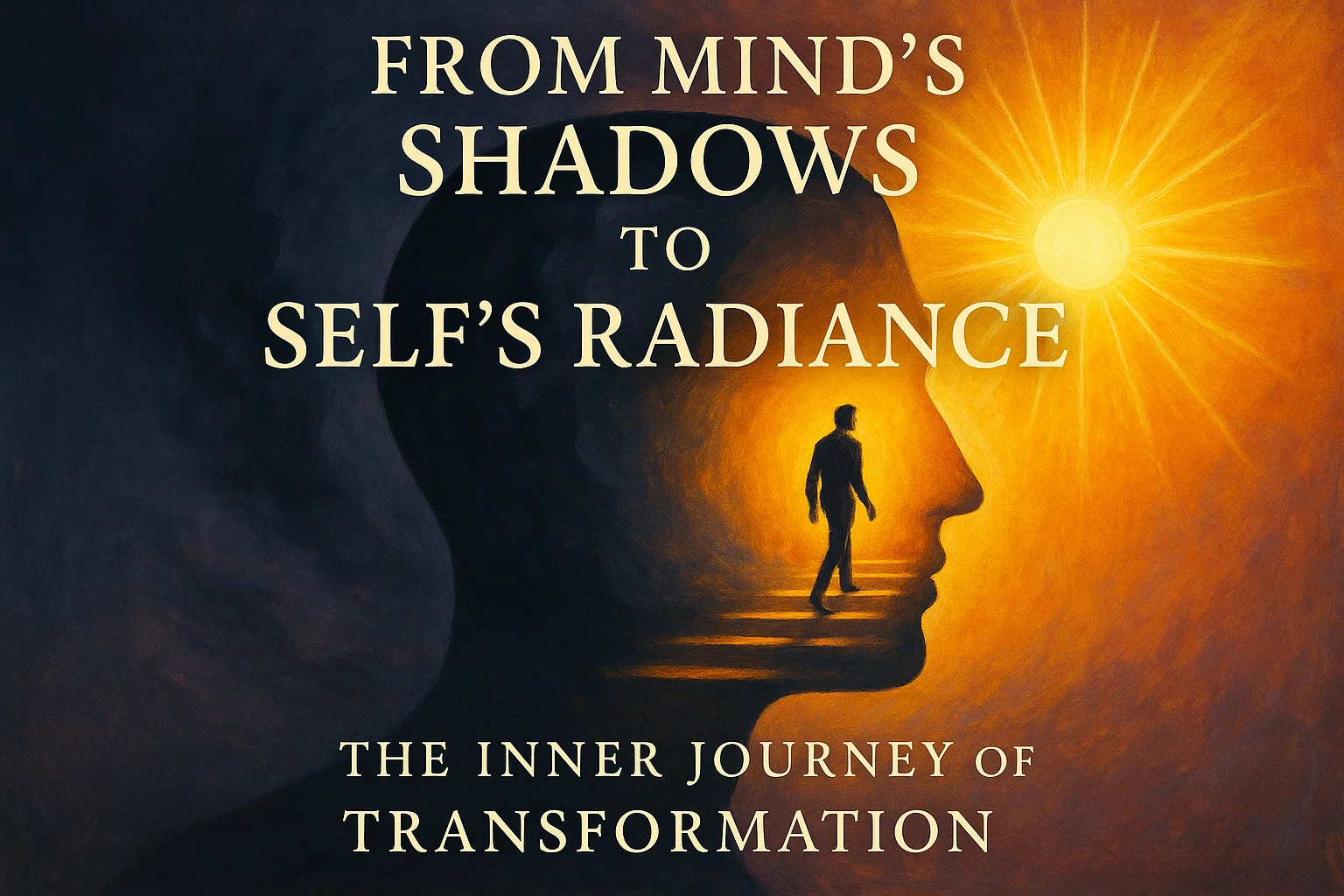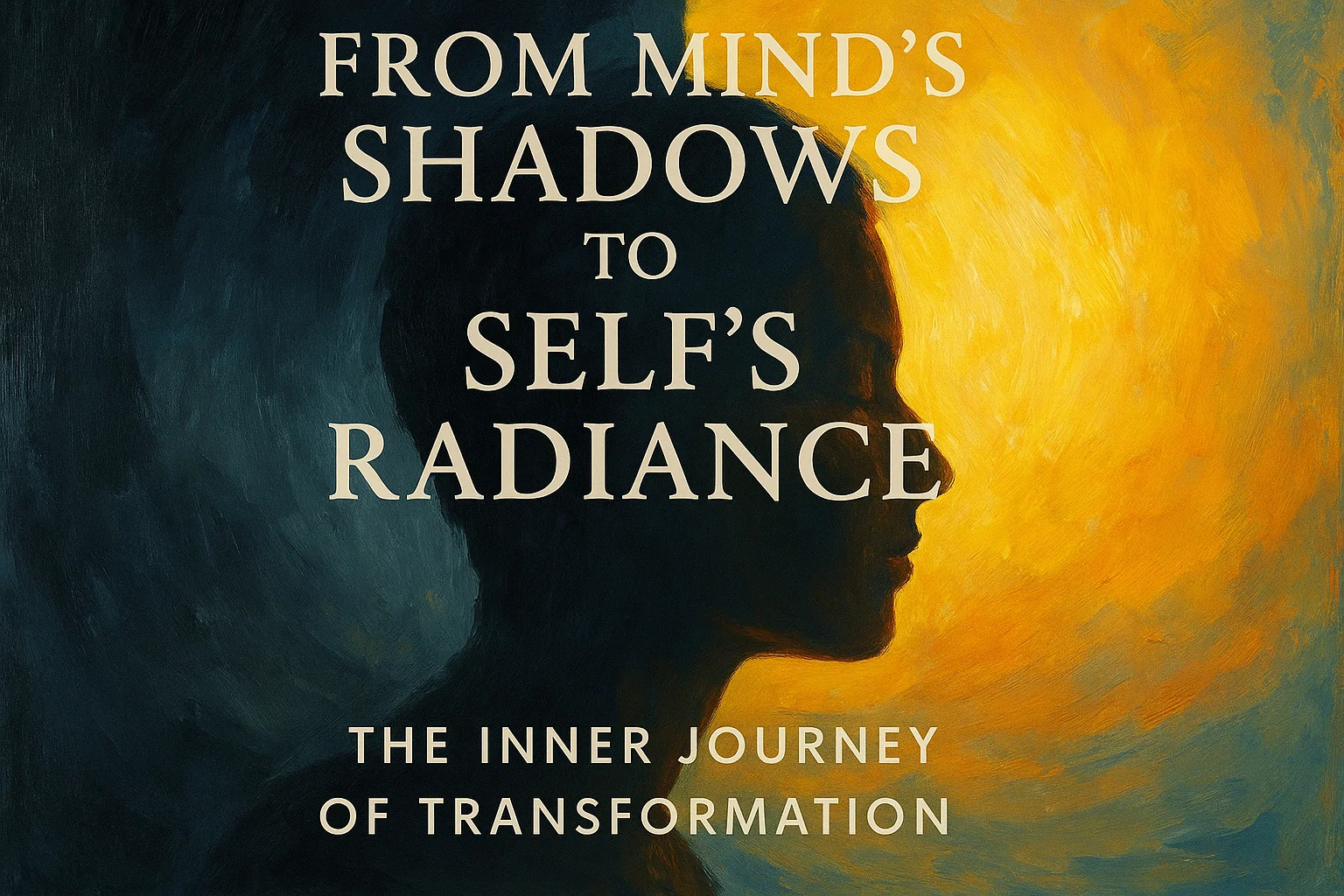Sculpting Your Own Path: The Power of Independent Thinking
In ancient Greece, there lived a master sculptor named Polyclitus of Sicyon. Known for his precision and artistry, he once carried out a bold experiment that continues to offer a powerful lesson today.
Polyclitus created two
sculptures at the same time, both similar in design — but with completely
different creative approaches. One was crafted in public view, where he openly
invited feedback. Every suggestion, whether small or large, he carefully applied.
He altered the piece constantly, letting the crowd’s opinions shape its final
form.
The second statue,
however, was sculpted in solitude, away from prying eyes and unsolicited
advice. For this one, he relied only on his skill, vision, and personal
judgment.
When both works were
completed, he displayed them side by side for all to see. The crowd found fault
with one statue, pointing out various flaws. The other, however, received wide
admiration and was praised as a flawless masterpiece.
Polyclitus then
addressed the audience with calm honesty:
“The statue you
disliked — that’s your creation. The one you admire — that is mine.”
What This Ancient
Story Teaches Us Today
This powerful anecdote isn’t just about art — it's a reminder of how easily our decisions can be diluted by external voices. In modern life, whether at work, home, or online, we are constantly bombarded with opinions — some well-meaning, others not. But if we blindly follow every suggestion, we risk losing our own identity and clarity.
Too often, we seek
validation from others before making choices — how we dress, what we post, even
what careers to pursue or causes to support. But letting others sculpt your
life leads to something like Polyclitus’ first statue: mismatched, inconsistent,
and lacking soul.
Why Independent
Thinking Matters
Builds Inner
Confidence
When you trust your
own reasoning, you become more confident in your abilities and decisions.
Preserves Your
Uniqueness
No one has your
experiences or perspective — your originality is your greatest asset.
Protects Mental
Well-being
Constantly trying to
please everyone leads to burnout, confusion, and frustration.
Inspires Genuine
Respect
People may challenge
your views, but they’ll respect your clarity and authenticity.
Train Yourself to
Think Independently
You don’t need to
isolate yourself — feedback can be helpful. But make it a habit to filter
opinions through your own judgment. Pause, reflect, and ask: “Does this align
with what I truly believe or want?”
Whether at home, in
the workplace, or among friends, keep your thinking sharp and self-directed.
This mindset won’t just help you make better decisions — it will help you build
a life that is genuinely yours.
Final Thought
Just like a sculptor
carefully carves marble to reveal a vision only they can see, you are the
artist of your own life. Let advice be a tool, not a compass. In the end, the
work you’ll be proud of will be the one shaped by your own hands, not the
crowd’s.
Think independently.
Create deliberately. Live authentically.
The Stillness Within:
Rediscovering the Power of Silence
In a world filled with chatter, alerts, and endless scrolling, silence is becoming a rare luxury—even a forgotten skill. But silence has never been merely the absence of sound. Across centuries and civilizations, it has been regarded as a source of strength, clarity, and even spiritual elevation.
Rather than being
empty, silence offers space—for thought, for peace, for truth to emerge. The
French writer Ernest Psichari once described silence as “a piece of heaven
brought down to earth.” In a sense, that’s exactly what it is: not a void, but
a vessel of understanding.
The Noise That
Surrounds Us
Modern culture urges
constant expression. We’re nudged to comment, post, argue, and react in
real-time. While communication is vital, overcommunication often leaves little
room for contemplation. Amid this barrage of noise, our inner voice is drowned
out.
In contrast, silence
doesn’t shout. It listens. It waits. And in that stillness, it allows ideas to
take shape and emotions to settle.
Silence and Genius:
The Case of Isaac Newton
Isaac Newton, one of
the greatest minds in history, was famously quiet and often lost in thought.
Those around him called him a “woolgatherer,” mistaking his introspection for
absentmindedness. Yet it was precisely in those quiet moments that Newton uncovered
some of science’s most profound laws.
His story reminds us
that silence isn’t a lack of activity—it’s where innovation often begins. Great
ideas need space, and silence gives them room to breathe.
The Science Behind
Silence
Psychological research backs this up. Studies show that regular periods of quiet can reduce stress, enhance memory, and increase focus. Silence also fosters creativity. When the mental noise settles, new connections and insights can emerge more freely.
In social settings,
silence plays an equally important role. Many arguments escalate because of
hasty words. Often, a single moment of restraint—a pause instead of a
reaction—can prevent conflict and foster understanding. Remaining silent in
anger is not weakness; it's wisdom.
Silence and Listening
True listening is
impossible without silence—not just of speech, but of the mind. Often, when
someone speaks, we’re already preparing our reply. But deep listening demands
presence.
Maulana Wahiduddin
Khan, an Islamic scholar, once said, “When I listen to someone, I do so with an
empty mind—as if I’m not even thinking.” That level of attentiveness requires
inner quiet, a silence that goes beyond the ears.
A Sacred Tradition
From Buddhist monks in
the mountains to Christian hermits in cloisters, silence has been revered
across faiths as a path to divine connection. In silence, people have found not
emptiness, but profound clarity. When the world’s volume lowers, the deeper truths
begin to speak.
The Modern Challenge
Today’s environment
makes silence harder to find—but that only makes it more essential. Between
nonstop notifications, 24/7 media, and societal pressure to always “be on,”
we’re left with little room to pause. The result? Burnout, restlessness, and a
loss of self.
Yet silence is still
within reach. A quiet walk, a moment of reflection, or a few mindful breaths
can be enough to shift our mental state. Silence doesn’t demand hours—it asks
for intention.
Conclusion: Stillness
Is Strength
Silence is more than a
break from sound—it’s a return to mental balance and emotional clarity. Those
who cultivate it are not hiding from life—they’re stepping more deeply into it.
When used with
purpose, silence becomes a powerful form of expression. It calms, heals, and
reveals. In an age that celebrates noise, choosing silence is an act of
courage—and wisdom.
IF HE EXIST
I drive joy there was a doctor in Benaras who
spent 7 minutes in the morning and evening for mediation on God. Knowing this,
his colleagues and friends laughed at him. One day they argued that he was
wasting 7 precious minutes on something, which he had been misled into
believing. The doctor replied, “Well, if God does not exist, I agree that I am
wasting 7 minutes a day. But, if He exists? I am afraid you are wasting your
entire lifetime. I prefer to waste 7 minutes rather than a lifetime. Why should
you grudge me the 7minutes joy that I derive 4m.-
ILLUSTRATED REVIEW : 7thheaven moment of the week Indian women
won by 97 runs


































